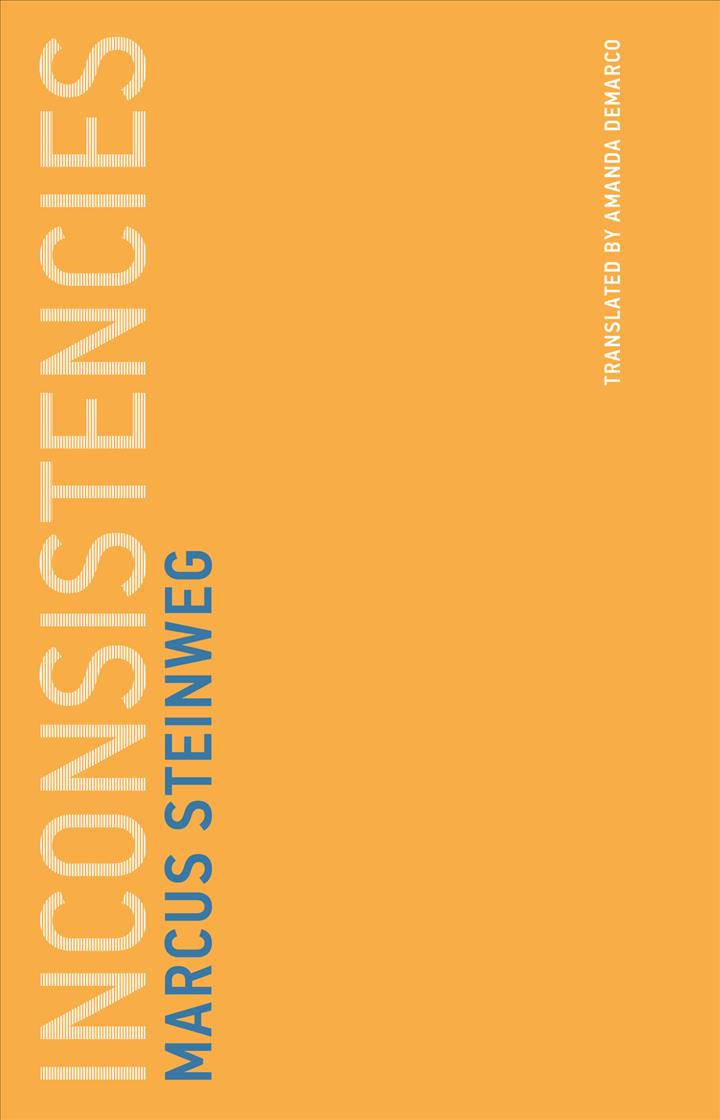
Inconsistencies
Marcus Steinweg
[Nietzsche] protests against the fact that we assign a purpose to things and to the world. For him, the world has no purpose, and we have no choice but to laugh at that which is. To laugh at the world as a game that pulls the ground out from under the subject, leaving it to float over the abyss of ontological inconsistency, is to play a game whose meaning remains suspended.
As hyperbolic, empty, toxic categories, truth, reality, freedom, justice, the subject, and so on, point to the holes in the fabric of fact by indicating its fragmentary nature. Our world — what we refer as our world — is a porous web of facts. It lacks all consistency and conclusiveness. It contains grounds but has no one ground.
The experience of the beautiful remains open to the incommensurable, which eludes direct experience. The beautiful is the portion of it that manages to communicate itself anyway.
Fragility is an ontological attribute of reality. Reality is always generated over the abyss of its own fragility. It indicates the instability of all facts, along with the arbitrariness of all semiological mythologies. It's sometimes said that logos is that which distances itself from myth. On closer inspection, it's clear that any logos architecture produces its own mythology."
To "hold in balance the sense of the futility of effort and the sense of the necessity to struggle" — that could be the definition of artistic practice.
The beautiful is not that which is given and known. We experience beauty at the borders of the given and known, where meaning begins to slip and the senses fail.
Today, reality presents itself as a system of choices. To decide, on the other hand, means not to choose from the given choices.
Adhering to established opinions is the subject's standby mode.
There is no thought without simplification because thought is the reduction of complexity through abstraction. What we call reality is excessively complex.